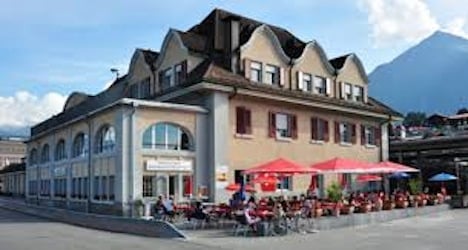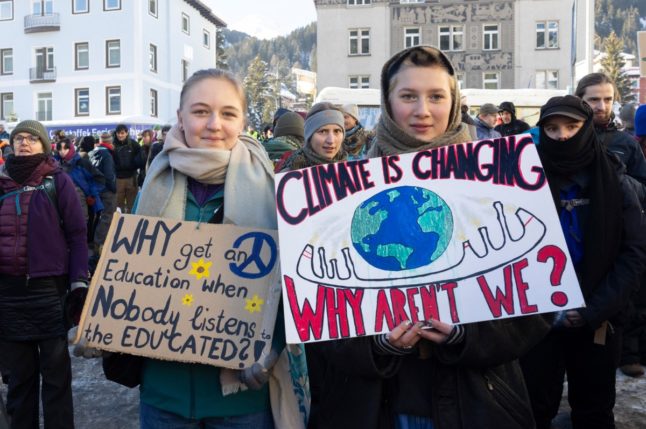Police officers made the grim discovery on Saturday afternoon after being called to the villa at Bahnhofstrasse 47, the Blick tabloid reported.
“Both the dead had been stabbed several times,” spokeswoman Alice Born said.
A number of children were in the care home at the time, and apparently knew nothing of what had happened.
The killings have shocked local residents. “I can’t believe that something so terrible would happen here,” Blick quoted a neighbour as saying.
The home, described as a “pedagogical community”, takes care of children who cannot live with their parents, according to its website.
The director of the institution describes it as “a small home with a family atmosphere”.
The 53 year old, who lives in the home, could not be reached on Sunday.
Neighbours describe him as a decent person who looked after the children himself and played with them in the garden.
The police have not named the male and female victims. They are calling for witnesses to come forward.
Also at the weekend, a 36-year-old Italian man was shot dead outside his home in Frasses, in the canton of Fribourg.
The man was parking his car at around midnight when shots rang out, the cantonal police reported.
The victim’s girlfriend and four children were not hurt.
The police are searching for two suspects who are reported to have made off across the fields in the direction of Payerne.



 Please whitelist us to continue reading.
Please whitelist us to continue reading.
Member comments